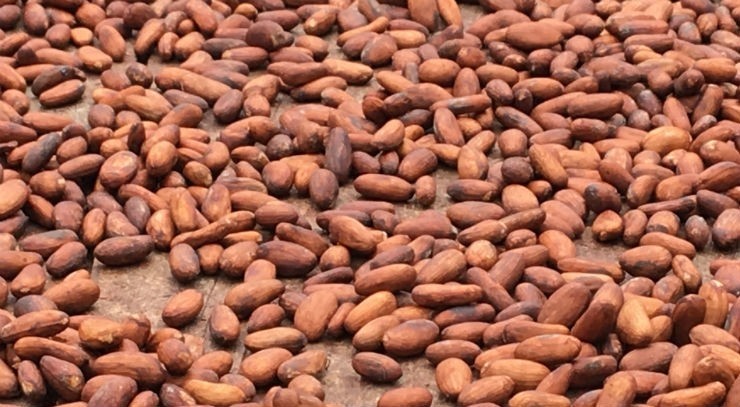Historian Kwaku Darko Ankrah has sparked debate by asserting that Ghana’s independence was the result of contributions from numerous individuals, not solely the Big Six.

The Big Six—Dr. Kwame Nkrumah, Ebenezer Ako-Adjei, Edward Akufo-Addo, Joseph Boakye Danquah, Emmanuel Obetsebi-Lamptey, and William Ofori-Atta—are commonly celebrated as the primary leaders in Ghana’s independence movement.
However, Ankrah argues that this group represents only a portion of those who played crucial roles.
In an interview with Bernard Avle on The Point of View on Channel One TV, Ankrah explained that while the six individuals arrested during the 1948 riots became emblematic of the independence movement, many others also significantly contributed.
He noted that prominent members of the United Gold Coast Convention (UGCC), such as R.S. Blay, Paa Grant, and Joseph William de-Graft Johnson, were not arrested and thus omitted from the Big Six.
Ankrah emphasized that the disturbances in 1948 were driven by broader societal issues, including veterans’ grievances and anti-colonial activism, and involved various organizations and individuals beyond the UGCC.
He argued that the term “Big Six” was somewhat arbitrary, referring specifically to those who were arrested during the tumultuous period.
He also suggested that President Nana Addo Dankwa Akufo-Addo should acknowledge his father Edward Akufo-Addo and his uncles William Ofori-Atta and J.B.
Danquah’s roles in Ghana’s independence, as their contributions are part of the broader historical narrative.
The debate touches on the broader discussion about Ghana’s independence history. In 2019, Parliament established August 4 as Founders’ Day to honor all those who contributed to the country’s independence, while September 21 was designated as Kwame Nkrumah Memorial Day.
This decision has been controversial, with some advocating for Nkrumah’s unique role in Ghana’s founding to be recognized.
























































![[FREE FREE MONEY] Predict and Win a Guaranteed GH¢200 From Us EVERY WEEK](https://wordpress.ghanatalksradio.com/wp-content/uploads/2022/02/Predict-and-Win-Final-09-03-2021-218x150.jpg)
![[Predict & Win – 8th/Oct.] WIN A Guaranteed ¢200 From Us This Week](https://wordpress.ghanatalksradio.com/wp-content/uploads/2021/10/maxresdefault-16-218x150.jpg)
![[Predict & Win – 2nd] WIN A Guaranteed ¢200 From Us This Week](https://wordpress.ghanatalksradio.com/wp-content/uploads/2021/09/maxresdefault-50-218x150.jpg)
![[Predict & Win – 25th] WIN A Guaranteed ¢200 From Us This Week](https://wordpress.ghanatalksradio.com/wp-content/uploads/2021/09/maxresdefault-36-218x150.jpg)
![[Predict & Win – 18th] WIN A Guaranteed ¢200 From Us This Week](https://wordpress.ghanatalksradio.com/wp-content/uploads/2021/09/maxresdefault-23-218x150.jpg)






![[National cathedral] See full list of churches that have contributed since 2018](https://wordpress.ghanatalksradio.com/wp-content/uploads/2020/09/Ghana-National-Cathedral-GhanaTalksRadio-100x70.jpg)



